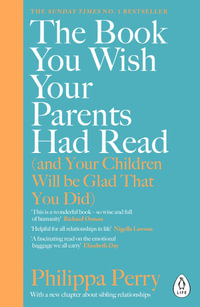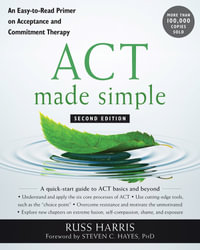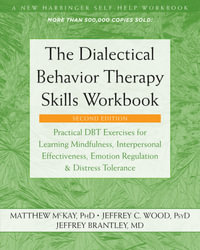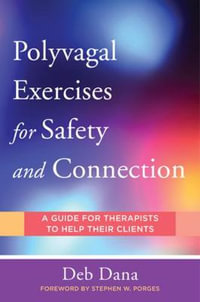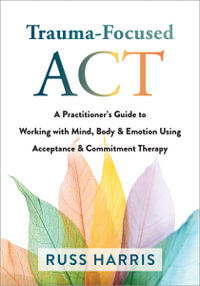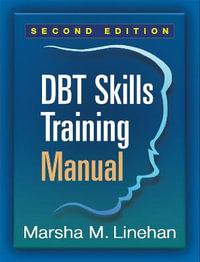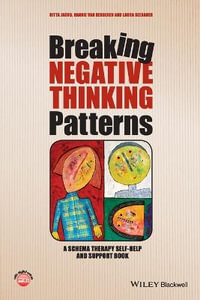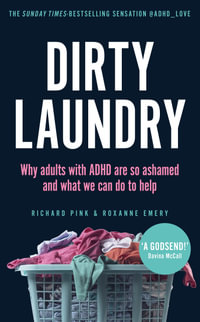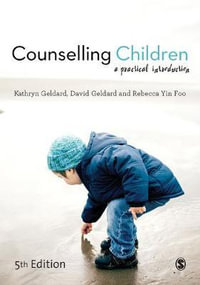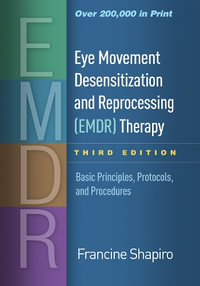The Barkley Deficits in Executive Functioning Scale (BDEFS for Adults) is an empirically based tool for evaluating dimensions of adult executive functioning in daily life. Evidence indicates that the BDEFS is far more predictive of impairments in major life activities than more time-consuming and costly traditional EF tests. The BDEFS offers an ecologically valid snapshot of the capacities involved in time management, organization and problem solving, self-restraint, self-motivation, and self-regulation of emotions. It comprises both self- and other-reports in a long form (15-20 minutes) and a short form (4-5 minutes). Special features include an adult ADHD risk index in the long form. Complete instructions for scoring and interpreting the scale are provided.
QUICK VIEW
What does it do?: Provides an ecologically valid assessment of executive functioning deficits in daily life activities.
Age Range: 18-81
Administration Time: Long Form: 15-20 minutes. Short Form: 4-5 minutes.
Format: Self-report plus other-report (for example, spouse, parent, or sibling) rating scales.
Cost of Additional Forms: No cost--purchasers get permission to reproduce the forms and score sheets for repeated use.
See also the Barkley Deficits in Executive Functioning Scale--Children and Adolescents (BDEFS-CA) and Barkley's authoritative book on EF development and deficits, Executive Functions. Also available: Barkley Adult ADHD Rating Scale--IV (BAARS-IV) and Barkley Functional Impairment Scale (BFIS for Adults).
Includes Permission to Photocopy
Enhancing the convenience and value of the BDEFS, the limited photocopy license allows purchasers to reproduce the forms and score sheets and yields considerable cost savings over other available scales. The large format and sturdy wire binding facilitate photocopying.
Age Range: 18-81
Forms and Score Sheets:
BDEFS-LF: Self-Report
BDEFS-LF: Other-Report
BDEFS-LF: Self-Report Score Sheet for Raw Scores (Ages 18-34, Males Only)
BDEFS-LF: Self-Report Score Sheet for Raw Scores (Ages 18-34, Females Only)
BDEFS-LF: Self-Report Score Sheet for Raw Scores (Ages 18-34, Males and Females Combined)
BDEFS-LF: Self-Report Score Sheet for Raw Scores (Ages 35-49, Males Only)
BDEFS-LF: Self-Report Score Sheet for Raw Scores (Ages 35-49, Females Only)
BDEFS-LF: Self-Report Score Sheet for Raw Scores (Ages 35-49, Males and Females Combined)
BDEFS-LF: Self-Report Score Sheet for Raw Scores (Ages 50-64, Males Only)
BDEFS-LF: Self-Report Score Sheet for Raw Scores (Ages 50-64, Females Only)
BDEFS-LF: Self-Report Score Sheet for Raw Scores (Ages 50-64, Males and Females Combined)
BDEFS-LF: Self-Report Score Sheet for Raw Scores (Ages 65-81, Males Only)
BDEFS-LF: Self-Report Score Sheet for Raw Scores (Ages 65-81, Females Only)
BDEFS-LF: Self-Report Score Sheet for Raw Scores (Ages 65-81, Males and Females Combined)
BDEFS-LF: Self-Report Score Sheet for Total EF Symptom Counts (All Ages and Both Sexes)
BDEFS-SF: Self-Report
BDEFS-SF: Other-Report
BDEFS-SF: Self-Report Score Sheet for Total EF Summary Scores and EF Symptom Counts (All Ages and Both Sexes)
BDEFS-SF Clinical Interview: Self-Report
Industry Reviews
"The BDEFS is a much-needed, clinically relevant tool. This exceptionally well-written manual includes a detailed description of the scale's development, psychometric properties and norms, scoring, and clinical interpretation, as well as the forms themselves. The limited photocopy license clearly enhances the clinical utility of the BDEFS. All professionals responsible for assessing and understanding adults suffering the burden of executive dysfunction will find this scale highly useful and beneficial." - Rosemary Tannock, Ontario Institute for Studies in Education; Department of Medicine, University of Toronto, Canada and Hospital for Sick Children, Toronto, Canada "Barkley has created a rating scale that is quick and easy to administer and score. The BDEFS provides valuable information regarding specific executive functioning deficits, including those found in ADHD. This scale does what a good assessment instrument should: not only does it answer questions regarding diagnosis, but it also helps clinicians identify target skills and behaviors for intervention." - Peg Dawson, Center for Learning and Attention Disorders, Seacoast Mental Health Center, New Hampshire, USA





